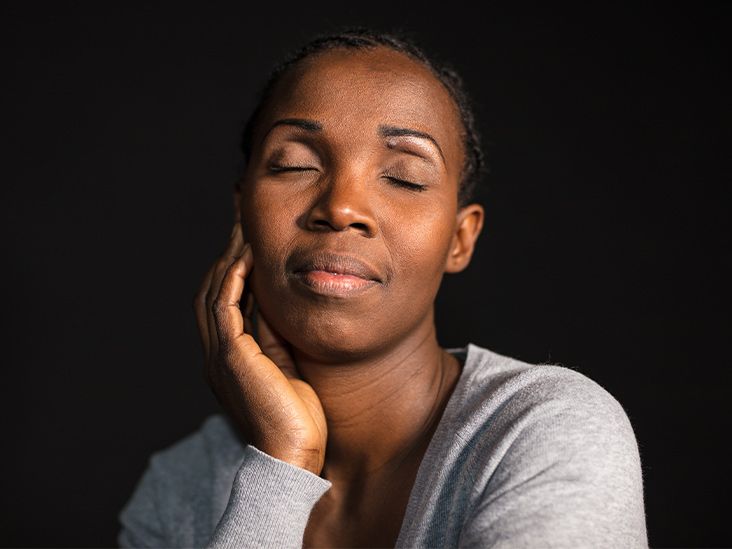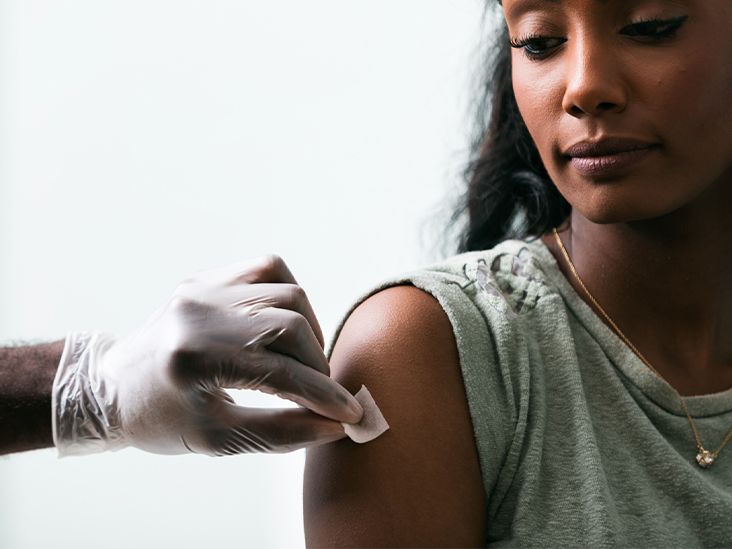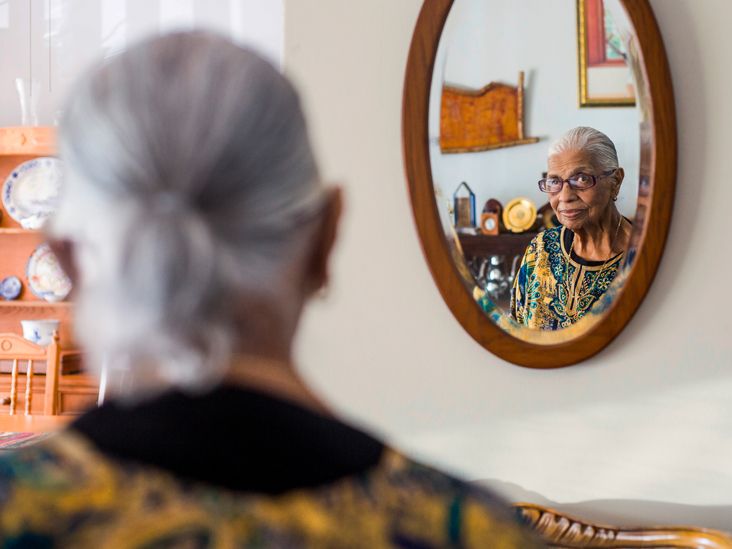
Black women who experience pregnancy in the United States often encounter multiple levels of oppression.
Their risk for dying from pregnancy complications is
Black women are also
Biological differences don’t account for these maternal health outcomes. Socioeconomic status doesn’t explain these negative pregnancy-related health experiences either.
Systems of oppression, such as institutionalized racism, gendered racism, or intersectionality, provide context for why Black women’s experiences with pregnancy are often challenging.
Yet, what’s rarely discussed is the trauma Black women may experience while trying to conceive, during pregnancy, and after giving birth.
The historical and contemporary representations of Black women in media and society have influenced the perceptions and, in many cases, the treatment of Black women.
These representations, often rooted in stereotypes, can result in trauma. The body can respond to traumatic events with emotional and physical responses such as headaches and nausea, as well as behavioral and mood changes.
Black women who experience trauma may have these emotional and physical responses.
In the United States, the cost of medical bias toward Black women is disability or death.
Black women experience bias when receiving clinical care and when medical guidelines and algorithms are referenced and applied.
They also experience medical bias when it comes to medical appointment scheduling and medical interactions.
There are different kinds of trauma:
- some related to distinct events, such as individual trauma
- some focused on group consciousness and an individual’s identity, or cultural trauma
- some bridging the present and the past traumas as a public narrative, or historical trauma
In addition to the daily trauma Black women may experience due to both sexism and racism, or intersectionality, Black women experience increased levels of stress and allostatic load due to this weathering process, which can also adversely impact their health.
Trauma may indirectly contribute to Black women’s health. What’s more, Black women’s social and medical interactions may increase the exposure to traumatic events, creating a cyclical process of ongoing trauma.
If they’re trying to conceive, this may contribute to challenges in conceiving or fertility.
If they’re able to conceive and pregnancy progresses, trauma-induced stress may contribute to their cardiometabolic syndrome risk (e.g., high blood pressure, stroke, diabetes, obesity, heart disease).
After giving birth, Black women may experience medical-interaction induced trauma, often due to not feeling heard or listened to by their healthcare provider.
We know that Black maternal health care can’t improve until Black healthcare improves as a whole. Nonetheless, there are strategies Black women can use to cope with and work through the trauma they may experience.
Black women cannot individually dismantle institutionalized racism, and it’s not their responsibility to dismantle a system that continues to oppress them.
Rather, there are everyday practices that Black women can use in order to address trauma in their lives.
Choose a Black doctor
Studies increasingly suggest multiple positive health outcomes when the race of a patient matches the race of their physicians.
This is especially true among Black patients. When possible, Black women should choose a Black physician.
Having a Black doctor can:
- decrease implicit bias
- increase
patient satisfaction - improve
medical decision-making - increase
patient provider communication and patient-centered communication - improve patients’ processing of cancer risk and
medication adherence
Practice self-care
Self-care is a word that’s often used and rarely defined or described.
It’s more than getting a massage, pedicure, or taking a nap. Self-care is finding time to take care of yourself so you may continue your daily activities.
For some people, that may mean daily walks, gardening, rest, yoga, or meditation. For others, it may mean high-impact exercises, such as aerobic dancing, boxing, and long hikes.
Regardless of the form of self-care, Black girls and women should overindulge in radical self-care as outlined in the Black Feminist Tradition to address any ongoing trauma in their lives, such as systems of oppression.
Minimize stress
Stress is something all people experience. In fact, our adrenal glands release cortisol when sensing danger.
But when you experience racism as part of your daily lived experience, you are in a constant state of danger; racism becomes a social exposure.
Cumulative stress may contribute to increased levels of cortisol. Long-term elevation of cortisol produces glucose and leads to:
- increased blood sugar levels
- high blood pressure
- elevated cholesterol
- excess abdominal fat
- insulin resistance
High cortisol levels increase the risk of heart disease and high blood pressure, two of the leading causes of maternal death and high blood pressure disorders in pregnancy, namely, preeclampsia and eclampsia.
These high blood pressure disorders are not only 60 percent more common in Black women, but they’re also more severe.
Black communities experience a multitude of stressors that cause them to be at a heightened state of alert, which then increases their cortisol rates and risk for cardiometabolic syndrome.
The rates of what we call cardiometabolic syndrome (e.g., diabetes, high blood pressure, stroke, etc.) are higher in Black and Latinx communities, as compared to other communities.
Search for social support
It’s important that pregnant Black women reach out and ask for family and social support, as well as support from midwives and birth workers or doulas to help buffer their medical interactions and achieve birth justice.
We know
- spontaneous vaginal birth
- shorter duration of labor and decreased cesarean birth
- instrumental vaginal birth
- use of any analgesia
- use of regional analgesia
- low 5-minute Apgar score
- negative feelings about childbirth experiences
Learn to find and manage trauma
All Black girls and women should be taught how to uncover, manage, and address trauma, regardless of their reproductive decisions.
The first step to uncovering trauma is to recognize that there is an issue that needs to be addressed. The next step is to assess your willingness to seek therapy.
There are many resources available for mental health support, especially for Black mental health.
Another approach may involve creating a self-care plan that includes mindfulness activities such as gardening, meditation, yoga, walking, dancing, and writing.
Practicing wellness to address trauma is an ongoing skill and practice.
Try holistic healing
Healing can come in many different forms. Restorative healing and wellness practices, including herbal approaches to wellness, breastfeeding, and writing as healing can be helpful during your pregnancy journey.
The Black Women’s Health Imperative (BWHI) is the first nonprofit organization founded by Black women to protect and advance the health and well-being of Black women and girls. Learn more about BWHI by going to www.bwhi.org.



